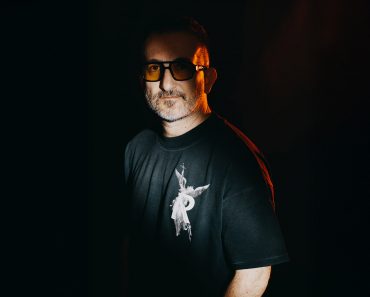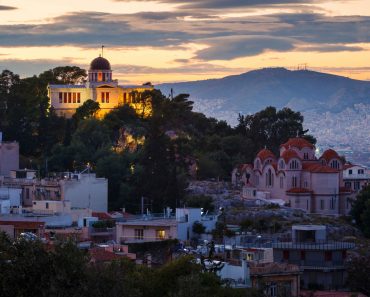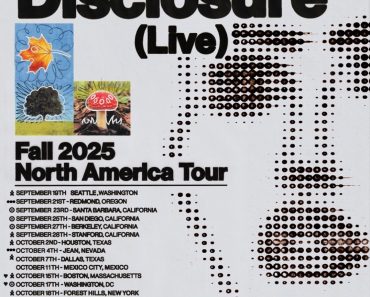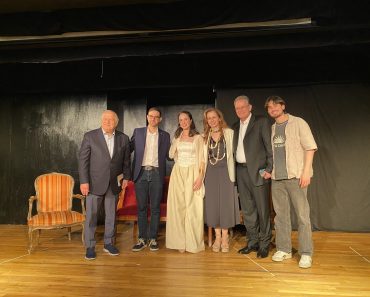In a video that has already sparked debate among Eurovision fans, Spanish YouTuber Luca Garzeli—known for his in-depth analyses of the song contest—claimed that there’s a recurring anti-Greek trend in the voting, particularly from Scandinavian and Baltic nations.
“Welcome to my channel, dear friends,” he says at the start of the video, before revealing what he calls the “wall of shame.” “I’ve identified an anti-Greek trend in Eurovision. Let’s talk about it, guys.” Garzeli analyzed the results of this year’s semifinal, where Greece and Klavdia with “Assteromata” placed fourth.
“They played with our nerves, we almost had a stroke,” he joked. However, what bothered him the most was the lack of votes from certain countries. “One 12-pointer for Greece, several 10s… but look at the gaps: 1 point from Finland, 0 from Latvia and Lithuania. All other entries filled in—except those two. Suspicious.”
According to Garzeli, things looked even worse in the final. From the Scandinavian countries, there were no points awarded—neither from the public nor the juries. At one point, Garzeli presented a table showing the public vote from Nordic countries to Greece over the last decade. The numbers are disappointing: over 10 years, Greece received only 9 points from Denmark, 0 from Estonia, 3 from Finland, 1 from Norway (excluding 19 points to Amanda Georgiadi, due to her Norwegian roots), 5 from Sweden, 6 from Iceland, 0 from Lithuania, and 2 from Latvia.

“Can you explain how we’re ever going to win with these numbers?” he asks, clearly frustrated. “If we Mediterraneans don’t support each other, how will we ever lift the trophy?” He had hoped Southern countries would back Greece more, but even there, the support was lacking: “Only Cyprus truly voted for us. The rest? 20 from France, 12 from Spain, 26 from Portugal, 16 from Malta, 17 from Italy. Not much.”
The analysis took a humorous turn as Garzeli read ironic comments he received, including a Turkish pun: “Long live Gayreece,” to which he responded by waving Greek and Cypriot flags. He then added: “Friday is Euroleague: Panathinaikos vs Fenerbahce. We must destroy them.”
At one point, Garzeli reflected on his initial support for Evangelia in the Greek national final:
“When the national final began, I wasn’t backing Klavdia, I admit it. I supported Evangelia. But Evangelia should’ve sent the kind of music she usually makes—not a song that sounds like a football chant. I really liked ‘Vále’, but it’s not the same. She should stay true to her style.”
While some accuse him of analyzing Eurovision just for the views, he responded:
“The earlier videos with Klavdia weren’t made for money, because they contain Assteromata. Love isn’t about profit. But this one? Yes, it’s for revenue—because it doesn’t include a song. And I need to recoup the 20 euros I spent voting for Klavdia, which went to waste. I was the only one who voted for Greece in Spain.”
He even shared a viewer message who tried to vote from Spain and got a message saying the destination number was invalid. “President, resign! We want to vote for Greece!” he joked.
Garzeli concluded by saying he’s preparing one final video on Klavdia’s Eurovision journey and promised not to abandon his audience. He also praised ERT’s plans to expand the national final with semifinals, in the style of Sweden’s Melodifestivalen.
“After this year’s ratings, ERT is seriously considering an expansion. The semifinals and final brought in €465,000, while participation cost €400,000. If it wasn’t for Assteromata, nothing would’ve happened. The spirit of that song moved the Greek people,” he said.
After a decade without major achievements, Klavdia’s 6th-place finish this year is, for Garzeli, a “historic success.” As he concluded:
“History shows Greece needs songs with power, emotion, and big voices.”
Ask me anything
Explore related questions







